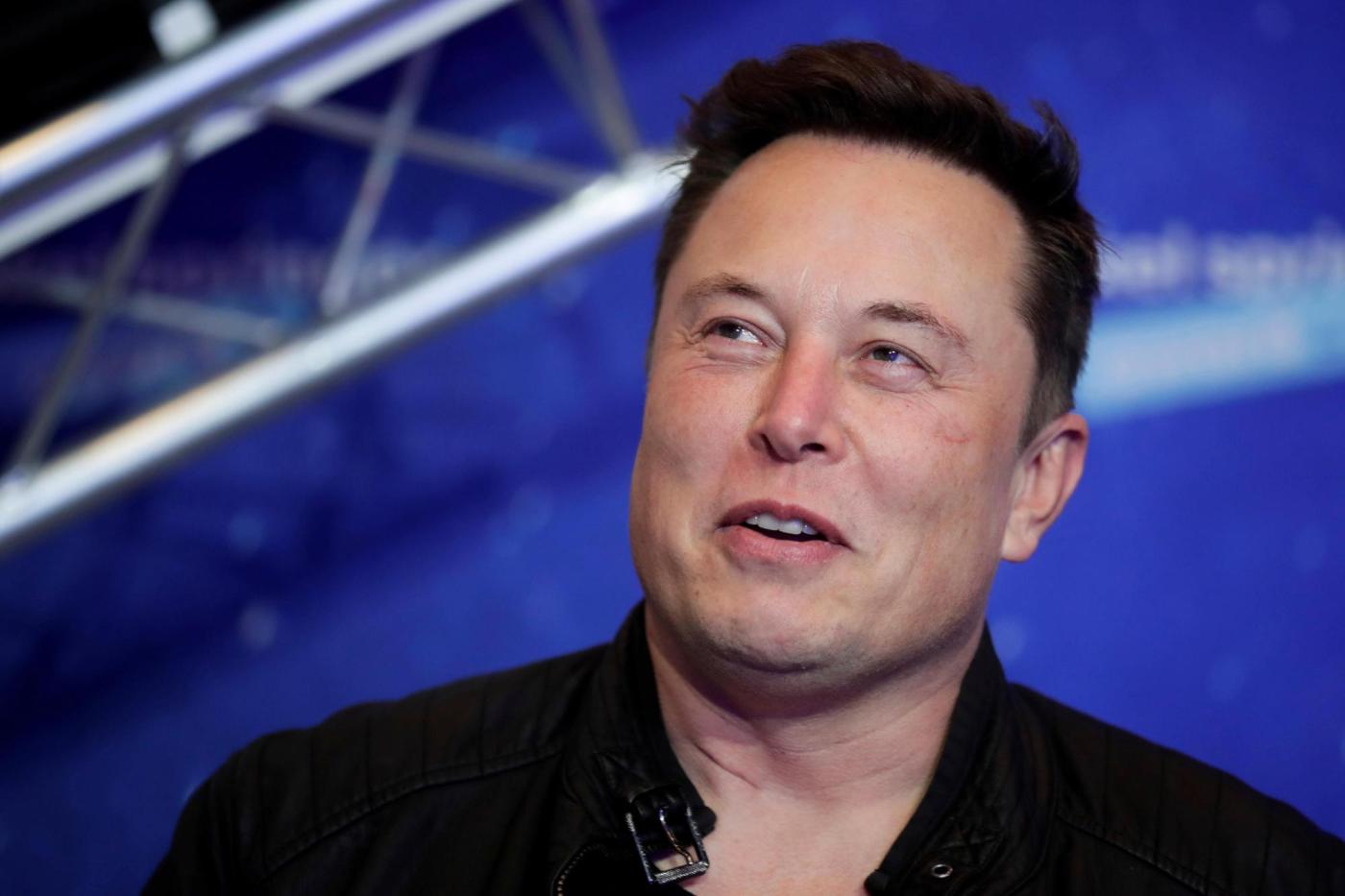Imagine you are completing the annual training module for preventing sexual harassment at work.
How would you answer the following questions?
You, a top executive, find yourself attracted to a summer intern. Is it OK to ask her for a date?
Is it appropriate to offer a contract employee an extravagant gift — a horse, for example — in exchange for sex? If she refuses, can you reduce her hours?
You are the CEO of the company. Would it be acceptable to ask one of your employees, repeatedly, to have babies with you?
If you answered “no” to all of these questions, congratulations — you pass. If you answered yes to all of them, well, maybe you’re Elon Musk.
The chief executive of several companies, including Tesla, Neuralink, X, the Boring Company, and SpaceX, Musk is alleged to have done all of these things by former SpaceX employees, according to reporting by the Wall Street Journal. And recently eight former SpaceX engineers sued Musk for creating what they called “a pervasively sexist culture” — and for firing them when they complained about it. (A SpaceX representative called the Journal’s reporting “completely misleading;” Musk has denied the incident involving the horse; and the company has disputed that the employees were wrongfully terminated.)
Offering an employee anything in exchange for sex would be a clear violation of sexual harassment statutes, which prohibit such “quid pro quo” proposals. It’s also never acceptable to punish an employee for rebuffing your sexual advances — that’s called retaliation.
Sending a message
Although sexual harassment is often popularly portrayed as romance gone wrong — by a man who genuinely has a crush on a coworker, say — it would be more accurate to see it as a power play: a way of making very clear to women that this particular clubhouse is “boys only.”
That’s why companies where most employees are male, and where the culture venerates a kind of crush-or-be-crushed machismo, are associated with higher levels of harassment. Women are seen as interlopers, not colleagues. The harassment isn’t so much because the men are immature “frat boys” (frankly, an insult to actual frat boys). Nor is it really about men being attracted to women. It’s about who really deserves these jobs. The goal of the harassment is to make women’s work lives so unpleasant that they’ll leave. It’s a form of discrimination, which is why it’s illegal.
And although sexual relationships between consenting adults aren’t usually completely barred by company policy, corporate rules at SpaceX — as at many large firms — do prohibit them between bosses and subordinates.
But none of this appears to have stopped the powerful Musk from targeting women at his companies for sexual conquest.
CEOs get paid big bucks to follow the rules — their own, and the US government’s. When they instead choose to flout them, it sends a message to the rest of the company.
And the message has been received, if we can judge by the many allegations of sexual harassment at Musk’s various companies. Even before the case filed this week, female employees at SpaceX and Tesla had sued over coworkers’ catcalling, unwanted touching and untrammeled misogyny. The behavior, the plaintiffs say, would worsen whenever the CEO issued one of his many off-color tweets. As one told Rolling Stone, “There are people in that factory who see [Musk] as a god. If he talks like that, they know they can, too.” Tesla has denied wrongdoing in several such lawsuits, and has sometimes reached legal settlements with plaintiffs.
To cope, the women say they would wear baggier clothes — but then they were harassed for that, too. One woman built a wall of cardboard boxes at her workstation, to try and hide. It didn’t help.
Bad for business
What does help? It’s really not, well, rocket science. Company cultures where harassment is less common feature the kind of leadership that Musk, and his various boards, so far have seemed unable to supply. They hire, promote, and retain women; they foster candid-yet-inclusive cultures; and they expect everyone, including the CEO, to treat employees and company policy with respect.
Musk, Time Magazine’s 2021 Person of the Year, is often portrayed as a business genius — a charismatic innovator who gets results. That image has been dented by his chaotic, value-destroying takeover of X, formerly Twitter, and slowing EV sales at Tesla. Did Musk’s companies succeed because of his erratic behavior, or in spite of it? It’s increasingly looking like the latter.
Musk, volatile though he may be, is no dummy. If you believe the latest allegations, he was self-aware enough to say, as he groped one woman, “I shouldn’t be doing this” and to another, that they should lie and say their sexual relationship didn’t start until she’d left the company. It’s hard to read allegations like these without a creeping feeling of nausea.
Related Articles
Teacher at Mountain View school arrested on suspicion of inappropriate conduct with a student
Almost 50 people arrested by San Jose police in sexual assault warrant sweep
Sharon Stone and Liam Neeson’s support for Kevin Spacey may not erase ‘creepy’ film persona
Federal officials challenge authority of court-ordered special master at FCI Dublin women’s prison
Scandal-plagued FCI Dublin women’s prison to close after years of concerns over sexual abuse, retaliation
Also sickening: the way Musk reportedly used his sprawling corporate web to entangle his sexual targets, pulling them closer when he was interested and pushing them away when it suited him.
For example, Musk once allegedly lured an intern to dinner — he invited her to discuss her “ideas for improving SpaceX” before kissing her — then persuaded her to accept a senior role. She says it turned out to be a symbolic job with no real authority, sometimes leaving her so demoralized she’d hide in the bathroom. After she repeatedly rebuffed further sexual overtures, she was shunted aside. Other women say they responded to Musk’s business overtures in good faith, only to find their careers stalled after rebuffing his sexual advances.
Harassment is about power, and Musk is one of the most powerful men in the world. This is how he’s chosen to wield his influence? You don’t have to ace your sexual harassment training to understand that’s no way to run a business — and certainly no way to treat another human being.
Sarah Green Carmichael is a Bloomberg columnist and editor. ©2024 Bloomberg. Distributed by Tribune Content Agency.












